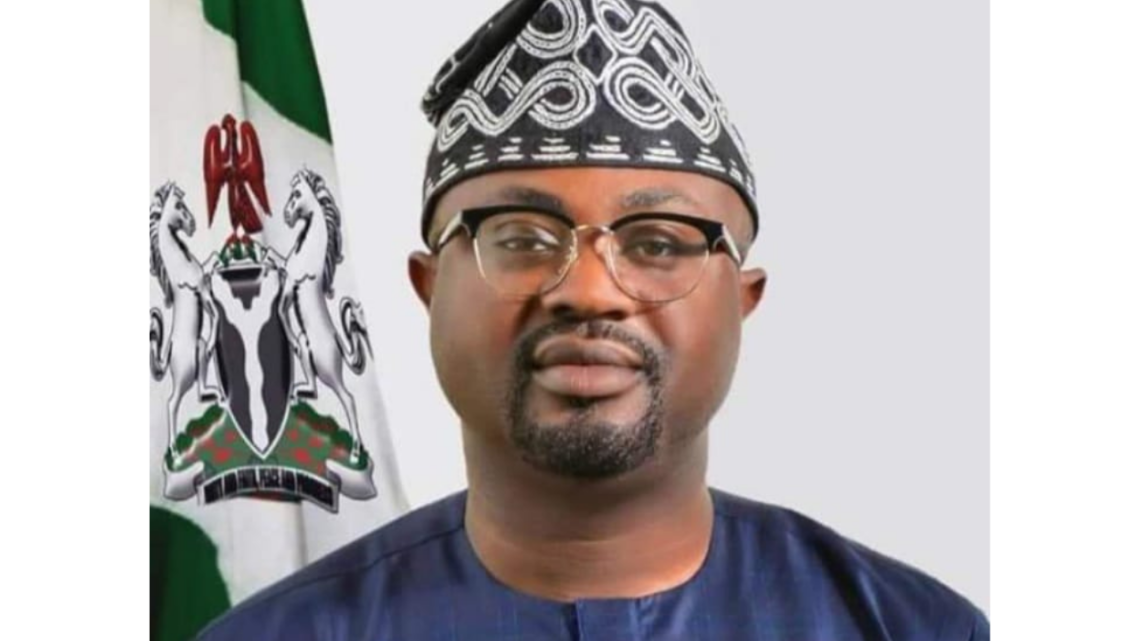With expectation that the blue economy, a major agenda of the President Tinubu-led administration, could generate N7trillion revenue annually, industrialists as well as experts have charged the federal government on implementation of all its reforms policies to put the economy on the right track.
The experts, who spoke separately on how the current administration can reshape the economy noted that the federal government has lofty policies but good policies without implementation will not take the country far.
On his part, a former president, Nigerian Bar Association (NBA), Olisa Agbakoba, said, with proper direction of government, the blue economy can easily contribute at least N7trillion to the public revenue annually.
Agbakoba said Nigeria must advance policy issue as well as to tap into the massive economic opportunities in Blue Economy.
He, however, commended president Tinubu for yielding to the long-awaited policy advocacy of the nation’s maritime community by creating the ministry of Marine and Blue Economy.
“Nigeria is a maritime nation and must advance policy issues to tap into the absolutely massive economic opportunities. This is a sector that will, with the proper direction of the government, easily contribute at least N7 trillion to the public revenue,” Agbakoba said.
Also, the managing director, NLNG Ship Management Limited, Abdul-Kadir Ahmed said, for government to harness the potentials, they must provide and enforced regulations, safety and oversight functions, saying private sector should be the driver of harnessing the Blue Economy potentials.
In a chat with NATIONAL ECONOMY Ahmed, said, “Blue Economy will be driven by the private sector. The benefits of the blue Economy will be driven by the private sector. The government is to provide regulations to allow the private sector thrive and safety is important.
“Government and regulatory authorities are to ensure that safety is assured. Competitiveness should be on the front burner and the expectations is is to strengthen regulations, oversight for private sector to take the lead in harnessing the potentials inhenrent in the sector.”
Meanwhile, the the director/CEO of Centre for the Promotion of Private Enterprise (CPPE), Dr Muda Yusuf stated that, “the Nigerian economy is still going through corrective reforms to remove some fundamental distortions and restore the economy back to the path of recovery and growth. But implementing the reforms is an arduous task. “
He added that, “the trade offs are profound and the social impact has been devastating. Given the inevitability of the reforms, the implementation calls for a delicate balancing act and strategic sequencing to ensure an inclusive economic transition.
“Dealing with the issues of insecurity, spending priorities, corruption, productivity and competitiveness, regulatory environment and macroeconomic stability are paramount to rebuilding the momentum of economic growth and development.”
On her part, the director-general of Lagos Chamber of Commerce and Industry (LCCI), Dr. Chinyere Almona, noted that, “President Bola Tinubu’s eight-point agenda: food security, ending poverty, economic growth, job creation, among others if are well articulated and implemented, they are certain to strongly impact the nation’s socio-economic landscape.”
She stated that, specifically, the administration’s target of creating 50 million jobs should go beyond a policy statement, as implementation is critical to the economy.
According to Almona, “the most sustainable approach to job creation is to support production and create an enabling business environment for the private sector. A thriving private sector will continue to create jobs for the foreseeable future.
“The Chamber anticipates that all Ministries will hereafter clearly articulate the priority areas and further divide them into strategic initiatives with clear timelines and responsibilities for performance monitoring and evaluation. In addition, it anticipates the development of critical metrics with special emphasis on impact, growth and job creation, poverty reduction and investment attraction.”
She added that, “we look forward to a comprehensive policy document by sector, which will demonstrate the government’s clarity of vision, courage, and creativity in achieving the admirable socio-economic agenda.
“The Chamber recommends the implementation of responsive fiscal and monetary policy measures in order to ensure/ promote macroeconomic stability with a particular focus on effectively managing inflation, addressing the challenge of high interest rates and foreign exchange shortages.”
LCCI DG also anticipated that the government would focus its policy efforts on sectors with the potential of generating high employment.
For the energy sector, experts believe a holistic initiative is required to close the country’s energy gap and transform the economy.
In the views of chairman/CEO, FalCore Power & Energy Limited. (Renewable Energy Experts), Mr. Abayomi Olusola Falana, there is need to create the enabling environment for achieving optimal renewable energy power supply in Nigeria.
Falana noted that the previous administration helped to sign into law the power sector decentralization bill, which allows private investors and state governments alike to generate, transmit and distribute electricity in areas that are currently under the existing Disco’s networks.
He said the signing into law of the power sector decentralization bill was in the right direction given the potential effects of bringing effectiveness, efficiency and competition to the power sector in the country.
The new law will attract necessary foreign investments into the power sector that is required to up and address the rehabilitation that needs to be undertaken across the electricity supply chain, which should be promoted by present administration.
According to him, what needs to be in place to be able to surmount the existing challenges of achieving the optimal supply of electricity in Nigeria, should be identified and spelt out loudly as the critical issues for consideration by the new administration.
Falana said it is imperative that to identify those critical challenges
confronting constant power supply in Nigeria and as such the Government should have to play a significant role to sustain the development of renewable energy power projects by creating the enabling environment to attract an influx of foreign investors interested in enhancing our existing electricity power supply outputs.
The Federal Government Sovereign Guarantee (SG) should acknowledge the importance of the renewable energy power generation project to the nation’s economy as “Nationally Significant Projects”, and support foreign investments in the development, construction and operation of electricity power supply infrastructure projects.
Also, assurances that the project promoters / Independent Power Providers (IPP) will be able to open and maintain foreign currency accounts in any financial institution within or outside Nigeria.
In addition assurances that tariff and concession regimes permitting recovery of actual project costs and a reasonable return on capital shall remain in full force and effect and shall be adjusted only to the extent necessary to guarantee the project sponsors no less than the agreed upon return on capital.
There should be guarantee by the Central Bank of Nigeria (CBN) that it will allocate hard currency towards debt service and repatriation of capital or profits and that it will also ensure free convertibility, transfer and timely remissibility of foreign exchange whether converted through normal commercial channels or otherwise.
Also federal government assistance such as grants of real property and utilities at nominal fees, exemptions from withholding taxes, income taxes, import duties and other taxes to enhance financeability of the energy power project and Government will not (in connection with any privatisation or otherwise) sell or otherwise transfer any interest in any primary obligor or project counterparty without taking steps to ensure that the project and the project sponsors and lenders will not suffer adversely.
He said there should be timely installation and completion of new ancillary infrastructure such as transportation and utilities necessary for the construction, operation and maintenance of the energy power project and there is need for assurances that the energy power project sponsors will be free to expand its operations and business in areas related to the project as and when such new opportunities are open to the private sector.
On his part Akinyemi Akingbade, a partner in energy, utilities and resources unit of PricewaterhouseCoopers PwC, said Government should bring all the stakeholders in power sector together, to assess the state of the sector and agree on the path forward.
In addition it should facilitate availability of gas for power generation companies and prioritise the acquisition and installation of SCADA-DMS to improve the efficiency of both the distribution and transmission infrastructure.





